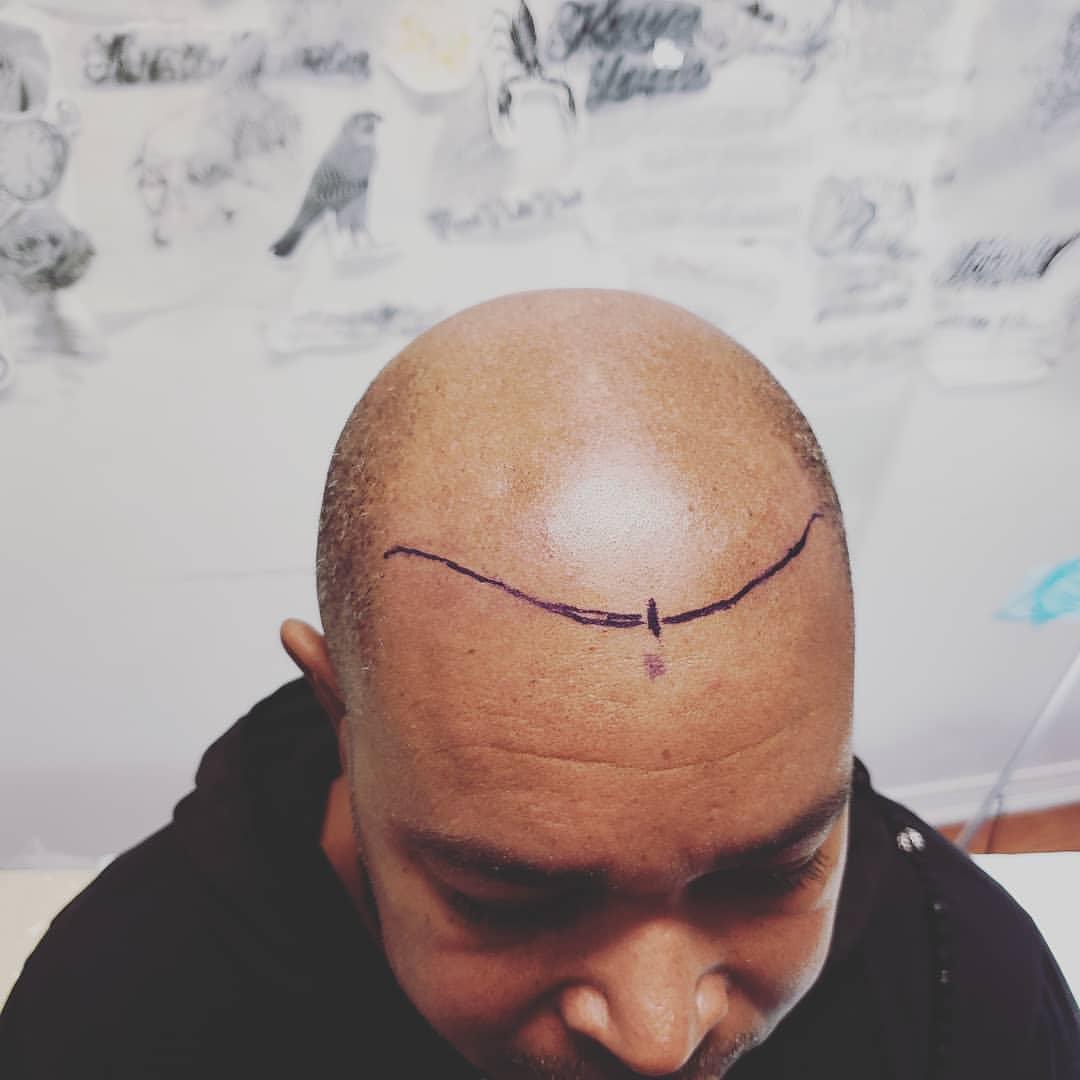Hair loss can be a distressing experience, impacting one's confidence and self-esteem. For many, a hair transplant offers a viable solution to reclaim a full head of hair and a youthful appearance. Islamabad, Pakistan's capital, has emerged as a prominent destination for hair transplant services, offering world-class treatments performed by highly skilled professionals. This blog delves into the details of hair transplant services in Islamabad, exploring the procedures, benefits, and factors to consider when choosing a clinic.
Understanding Hair Transplantation
Hair transplantation is a surgical technique that involves moving hair follicles from one part of the body, known as the donor site, to a balding or thinning area, referred to as the recipient site. The procedure is primarily used to treat male pattern baldness but can also address hair loss in women and restore eyelashes, eyebrows, beard hair, and chest hair.
Two main methods of hair transplantation are widely used:
-
Follicular Unit Transplantation (FUT): Also known as strip surgery, this method involves removing a strip of scalp from the donor area, usually the back of the head. The strip is then dissected into individual follicular units and transplanted into the recipient site. FUT typically results in a linear scar at the donor site, which can be concealed by existing hair.
-
Follicular Unit Extraction (FUE): This method involves harvesting individual hair follicles directly from the donor area using a punch tool. The follicles are then implanted into the recipient site. FUE is less invasive than FUT and leaves tiny, almost invisible scars.
Why Choose Islamabad for Hair Transplant?
Islamabad has gained a reputation for offering high-quality hair transplant services at competitive prices. Here are some reasons why you might consider getting a hair transplant in Islamabad:
- Expert Surgeons: The city is home to many experienced and board-certified hair transplant surgeons who have trained internationally and stay updated with the latest advancements in the field.
- State-of-the-Art Clinics: Islamabad's hair transplant clinics are equipped with modern facilities and advanced technology to ensure the best possible outcomes for patients.
- Cost-Effective: Compared to Western countries, hair transplant procedures in Islamabad are more affordable without compromising on quality. This cost advantage makes it a popular choice for both local and international patients.
- Tourism Opportunities: Combining a hair transplant procedure with a visit to Islamabad allows patients to explore the city's beautiful landscapes, historical sites, and vibrant culture.
The Hair Transplant Process
The hair transplant in Islamabad typically involves the following steps:
-
Consultation: The journey begins with a thorough consultation with a hair transplant specialist. During this session, the surgeon assesses the patient's hair loss pattern, discusses expectations, and determines the most suitable transplant method.
-
Preparation: On the day of the procedure, the patient's donor and recipient areas are prepared. This involves trimming the hair in the donor area for easy extraction and administering local anesthesia to ensure a pain-free experience.
-
Extraction: Depending on the chosen method (FUT or FUE), hair follicles are extracted from the donor area. In FUT, a strip of scalp is removed and dissected, while in FUE, individual follicles are harvested.
-
Graft Preparation: The extracted hair follicles are carefully prepared and sorted for transplantation. This step ensures that only healthy and viable follicles are used.
-
Transplantation: The surgeon creates tiny incisions in the recipient area and meticulously places each follicle into these incisions. The placement of grafts is done with precision to achieve a natural-looking hairline and density.
-
Post-Procedure Care: After the procedure, patients receive detailed instructions on how to care for the transplanted area. This includes guidelines on washing, medication, and avoiding strenuous activities.
Recovery and Results
Recovery time varies depending on the method used and individual patient factors. Generally, patients can expect some swelling, redness, and mild discomfort in the days following the procedure. Most people return to work within a week. Full results are typically visible within 6 to 12 months as the transplanted hair grows and blends with the natural hair.
Choosing the Right Clinic
Selecting the right clinic for a hair transplant is crucial to achieving the desired results. Here are some factors to consider:
- Surgeon's Credentials: Ensure that the surgeon is board-certified and has extensive experience in performing hair transplants.
- Clinic Reputation: Research the clinic's reputation through patient reviews, before-and-after photos, and testimonials.
- Technology and Techniques: Choose a clinic that uses the latest technology and techniques for hair transplantation.
- Personalized Care: Opt for a clinic that offers personalized care and detailed consultations to understand your unique needs.
Conclusion
Hair transplant in Islamabad offer a promising solution for those struggling with hair loss. With expert surgeons, advanced technology, and affordable prices, the city has become a sought-after destination for hair restoration. By choosing the right clinic and following post-procedure care, patients can achieve natural-looking, long-lasting results, regaining their confidence and enhancing their appearance.

